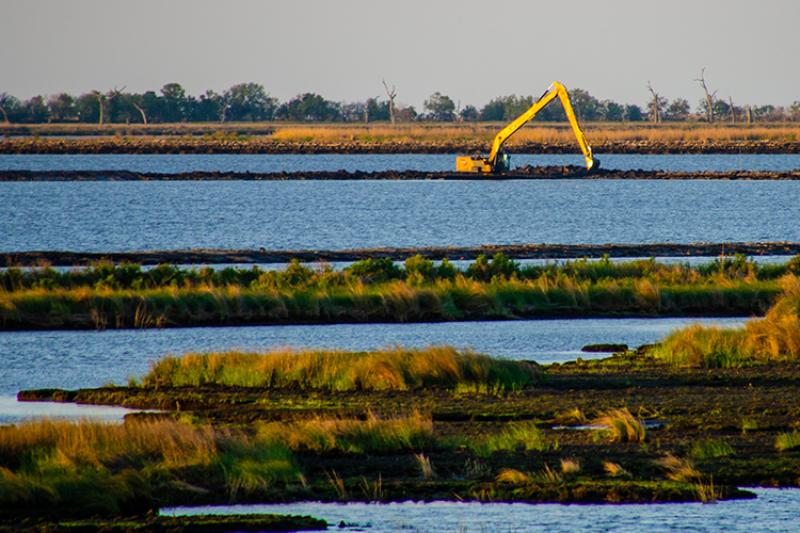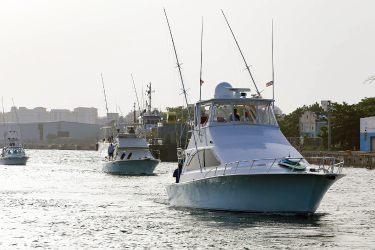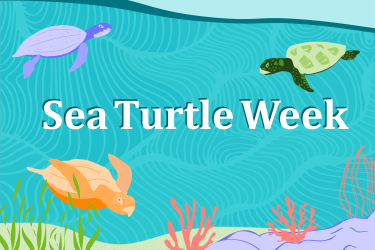NOAA is announcing the availability of $45 million in funding for projects that will advance the coastal habitat restoration and climate resilience priorities of tribes and underserved communities. This funding is available through the Biden-Harris Administration’s Bipartisan Infrastructure Law and Inflation Reduction Act.
Of the $45 million in funding available, $20 million is specifically available to U.S. federally recognized tribes, Alaska Native Corporations, and organizations that represent tribes through formal legal agreements, through direct awards or subawards. A direct award is an award where the tribe is the applicant, receives an award from NOAA, and administers the award. A subaward to a tribe is an award where a non-tribal applicant receives a direct award from NOAA, but provides a specific amount of funding to a tribe to carry out a portion of the award.
The remaining $25 million will be available to all eligible applicants to support opportunities for tribes and underserved communities to meaningfully engage in coastal habitat restoration activities, including through capacity building and science support.
NOAA will accept proposals with a federal funding request of between $75,000 and $3 million total over the award period. Applications are due by December 19, 2023.
Advancing the Habitat Restoration Priorities of Tribes and Underserved Communities
Through this funding, NOAA will help support community-driven habitat restoration and build the capacity of tribes and underserved communities to more fully participate in restoration activities. Projects selected through this opportunity will span several types of activities, including capacity building, actionable science support, and restoration.
Capacity Building
This includes activities such as participation in municipal or regional-scale resilience planning, project planning and feasibility studies, stakeholder engagement, or developing proposals for future funding.
Actionable Science Support
This includes activities such as the collection or analysis of climate, habitat, or other community or conservation related data that informs planning, decision making, or future restoration.
Restoration
This includes activities such as demonstration projects, engineering and design, permitting, and on-the-ground habitat restoration work.
Across all of these activities, selected projects will work to ensure that the needs and priorities of tribes and underserved communities are at the center of habitat restoration and coastal resilience efforts happening in their communities.
Habitat Restoration and NOAA
Habitat restoration efforts like restoring coastal wetlands and removing outdated dams can improve coastal resilience—helping communities recover from and adapt to the impacts of extreme weather and climate change. NOAA’s Office of Habitat Conservation has a long history conducting habitat restoration efforts with large-scale competitive funding opportunities and expert technical assistance through our Community-based Restoration Program.
The Bipartisan Infrastructure Law and Inflation Reduction Act provide a historic opportunity for us to continue making an impact for fisheries, protected resources, and coastal communities. To date, the Office of Habitat Conservation has awarded more than $480 million for 109 projects across the country through this funding.



